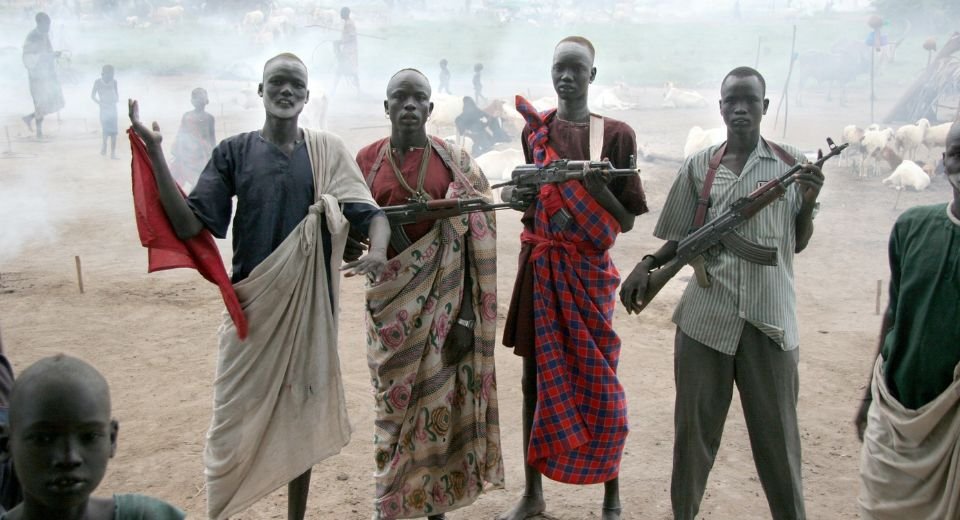HQ Team
June 16, 2023: The conflict raging in Sudan since mid-April has left its health system in tatters, with the damage expected to last for decades, warn health experts.
The number of injured is rising, but there are no personnel or facilities to treat the victims of the war. As well as lack of access to emergency assistance for gunshot injuries, people with chronic diseases are unable to obtain treatment, said WHO regional director for the Eastern Mediterranean Ahmed Al-Mandhari. Kidney dialysis patients are dying, and dead bodies have been left to decompose in a morgue and in city streets, according to a Reuters report.
Occupation of hospitals
More than 70 percent hospitals are inoperative as they have been either bombed or forcibly shut down and evacuated, according to Sudan’s doctors’ syndicate “We are in a state of total collapse,” said Atiya Abdullah Atiya, a key member of the syndicate, in a press call.
According to the Preliminary Committee of Sudan Doctor’s Trade Union, 67% (60 out of 89) of all main hospitals in affected areas were out of service as of 31 May,” according to a first situation report on the conflict by the WHO.
There have been 46 attacks on Sudan’s healthcare infrastructure, during which eight people have been killed and 18 injured, and two-thirds of the hospitals in affected areas are closed due to the heightened attacks, the World Health Organization (WHO) said.
Fighting erupted on 15 April in the capital Khartoum between the army and a paramilitary group known as the Rapid Support Forces.
Hazardous situation
Fighting parties have overrun the hospitals in Khartoum and Sudan’s central public health laboratory and there are fears of mishandling of hazardous materials there.
The laboratory contains measles, cholera and multi-drug resistant tuberculosis pathogens, vaccine-derived poliovirus and other such materials. “The WHO is concerned that untrained individuals could mishandle such infectious specimens, thereby infecting themselves and then others,” Al-Mandhari, said.
“Nonetheless, the greatest risks to health in Sudan remain the ongoing violence, non-functioning of multiple hospitals and clinics, limited access to clean water, food shortages, and forced displacement of populations,” he added.
In Khartoum, the capital city, there have been several disease outbreaks, including measles, polio and dengue fever, and a steady increase in malaria cases across the country. The people are scared to access any hospital due to the heavy presence of the militia.
Relief agencies
International health and relief institutions have been unable to deliver aid due to the suspension of air traffic or fear for the safety of their crews. Doctors Without Borders’ (MSF) headquarters in Nyala in Darfu was raided by gunmen who stole everything—from office equipment to cars to medical supplies.
The conditions are “extremely complex”, said Farid Abdulkadir, head of the International Federation of Red Cross and Red Crescent Societies (IFRC) office in Sudan. “The fighting has paralysed health and rescue workers, and many are dying in this situation.” said Cyrus Paye, MSF project coordinator in North Darfur.
The WHO has condemned the attack on the health workers. It said in a statement that more than 860 deaths were reported, including 190 children, another 3,500 injured, and many missing. The violence has displaced more than one million people; more than 840,000 fled to safer areas, while another 250,000 have crossed the borders.
“Because of the conditions that Sudan has gone through during the past years and the conditions it is currently going through, there is an increase in infections among children with infectious diseases, some of which have been eliminated,” said Al-Mandhari, adding that the war’s impact on the health system may be felt for decades to come.








